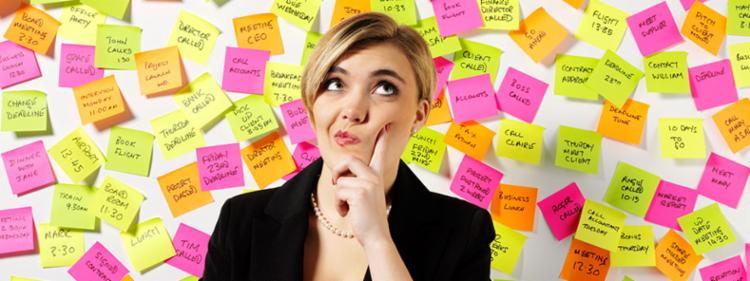Insider Tips: Is Now a Good Time to Buy a House?

When the economy tanks, a common concern is whether you should buy a house or wait. Just about everything is affected when the economy begins to slow, from jobs to the demand for lower-priced groceries and gasoline. Unfortunately, a bad economy also negatively impacts the housing market.
Whether the economy is good or seems to be lagging behind, you can still take advantage of what's for sale on the market. Depending on how the economy is doing, you can end up getting a great deal on a house, perhaps the home of your dreams. This guide will help you navigate the home buying process, whether the economy is doing well or not. Just make sure you're covered with a home insurance policy.
Is Now a Good Time to Buy?
After years of a lagging economy, not to mention housing doldrums, things finally seem to be improving in 2014. Coldwell Banker Burnett realtor Sonja Dalbey says that for those who have decided to put off purchasing a home until the economy turned, now is a great time to buy.
She explains, "Because the economy is improving, and buyer confidence is up, there are more people purchasing homes. Inventory is also low, and this has driven the price up." Dalbey notes that she has recently seen several offers on a home that is priced right for the market.
Hearing that the prices are increasing may be enough to deter some home buyers, who are afraid that they may need to spend more money on a house than they had initially hoped. After several years of a struggling economy, saving money and finding deals is at the forefront of many people's minds.
However, Dalbey has reassuring words if you find yourself worrying. She says, "Even though prices have been increasing, the interest rates are still low. The Federal Reserve is expected to increase interest rates within the next 12 months."
For those who are wondering if now is the right time to buy, this should be a pretty clear indication. You may be paying a bit more for a home than you would have last year, but low interest rates are something you should take advantage of before they begin to expand. Dalbey mentions that today's rates are at "historically low levels," and they "have been low because of the downturn in the economy."
Just as you should whenever you want to buy a home, whether it's this year or several years down the road, you should also keep your budget in mind, as well as other costs that you might not immediately consider. If you want to be covered, whether it's damage from a flood, fire, strong storm, burglary, or other problem, it's important to have the right homeowners insurance policy. You can work with our independent agents to find the best fit for your budget and needs.
What Can I Expect if I Buy Now?
Numbers are key for any prospective home owner. If you are searching for a house this year, you are understandably going to be wondering just what you can afford and how much you might pay for a house. Dalbey explains the numbers in detail, providing the following example:
"On a $300,000 mortgage with current rates of 4.375% on a 30 year fixed-rate mortgage, you would pay $1,497.86 for a principal and interest payment, but if you were to wait and rates were to jump up by 1% to 5.375%, you would lose $32,000 of buying power. The monthly principal and interest would go up to $1,679.91 on a $300,000 mortgage."
However, she says, "Since we anticipate rates are going to go up in the next 12 months, you are better off buying now! No one wants to lose buying power or pay more in interest over the life of a loan." She explains that, "An increase of 1% from 4.375 to 5.375 on a $300,000 30 year fixed-rate mortgage would be approximately $65,540 more in interest over the 30 year period."
What About Buying in a Bad Economy?
Even though the economy has taken a turn for the worst, you may still find a good deal, says Dalbey. She explains that in a bad economy, there are fewer buyers, and sellers are more motivated. During the last few years, when the economy was not doing well, "…there were a significant number of foreclosures and short sales, and fewer buyers. Buyers were able to pick up some very good deals. The rates were low as well, so you could get a low price and a low interest rate."
In addition to good deals, there is another perk as well. Short sales, Dalbey explains, occur when the bank approves the sale, despite the seller owing more than the current market value. In order for this scenario to happen, the seller must meet specific criteria in order for the short sale to occur, such as being in a hardship situation. According to Dalbey, "A huge advantage to purchasing during a downturn in the economy is that as the economy recovers and the market value goes up, it can be a very good investment."
When you want to buy a house, it may be better to wait until the economy improves if you do not have the financial means. However, if you are able to buy a house when the economy is slow, you can actually find a great deal and perhaps save money in the process.
